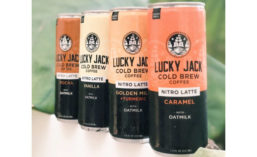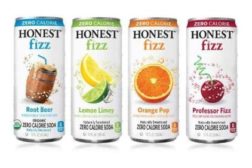Home » Keywords: » erythritol
Items Tagged with 'erythritol'
ARTICLES
Tate & Lyle study of low-, no-calorie sweeteners finds positive or no impact on human gut microbiota
Read More
Tate & Lyle: New Sweetener Solutions
Tate & Lyle expands sweetener portfolio with ERYTESSE™ Erythritol
November 17, 2022
Sugar Reduction Efforts No Longer are Limited to Straight Sugar Replacement
New strategies focus on alternatives, reduced sweetening, and zero-sugar formulation
May 11, 2022
The (Natural, Non-nutritive) Sweet Spot
Imbibe eyes beverage sweetener options.
October 12, 2021
2020 PREDICTIONS: SWEETENERS
Trends in Sweeteners
The ongoing trend for sweet success continues
December 12, 2019
Unlock the Future of Food and Beverage Innovation
Are you a leader in research & development? Stay ahead of the curve with Prepared Foods, the premier source of information and insights for today's trend leaders and taste-makers in food and beverage manufacturing.
JOIN TODAYCopyright ©2025. All Rights Reserved BNP Media.
Design, CMS, Hosting & Web Development :: ePublishing









